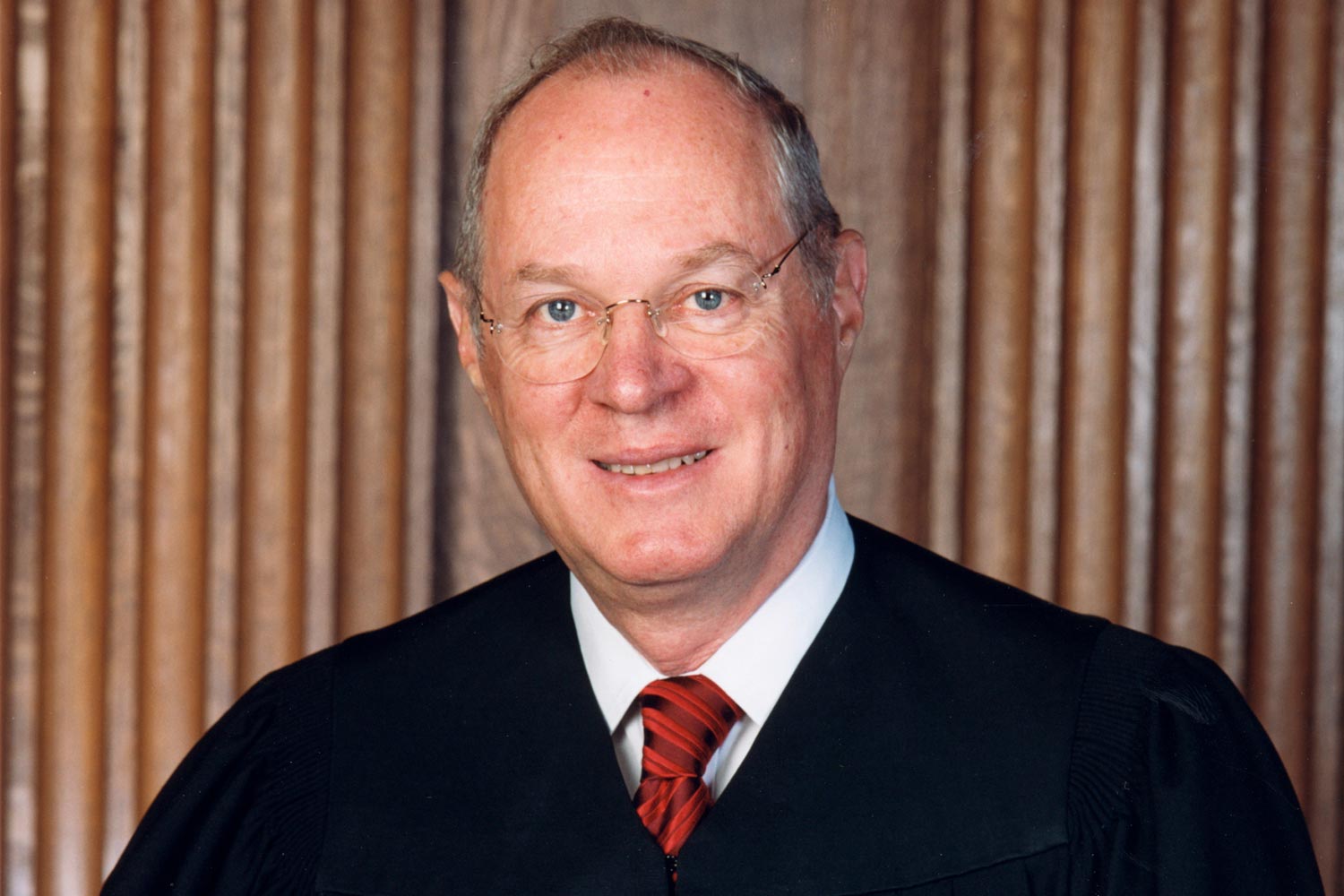
Who is Justice Anthony Kennedy? Justice Anthony Kennedy served as an Associate Justice of the Supreme Court of the United States from 1988 to 2018. Appointed by President Ronald Reagan, Kennedy became known for his pivotal role as a swing vote in many crucial decisions. Why is he significant? His opinions often shaped the outcome of landmark cases involving issues like same-sex marriage, abortion rights, and affirmative action. What makes him unique? Unlike many justices who lean strongly conservative or liberal, Kennedy's decisions reflected a more centrist approach, making him a key figure in the Court's balance. Want to know more? Here are 22 intriguing facts about Justice Anthony Kennedy that highlight his remarkable career and lasting impact on American law.
Early Life and Education
Justice Anthony Kennedy's journey to the Supreme Court began with a solid foundation in education and early life experiences.
- Born on July 23, 1936, in Sacramento, California, Anthony McLeod Kennedy was the son of a prominent attorney and lobbyist.
- Kennedy attended Stanford University, where he graduated with a Bachelor of Arts degree in Political Science in 1958.
- He earned his law degree from Harvard Law School in 1961, one of the most prestigious law schools in the United States.
- After law school, Kennedy spent a year in private practice before serving as a professor of constitutional law at the University of the Pacific's McGeorge School of Law.
Judicial Career Before the Supreme Court
Before his appointment to the Supreme Court, Kennedy had a distinguished career in the judiciary.
- In 1975, President Gerald Ford appointed Kennedy to the United States Court of Appeals for the Ninth Circuit.
- During his time on the Ninth Circuit, Kennedy was known for his moderate and pragmatic approach to the law.
- He authored numerous opinions on a wide range of issues, including civil rights, environmental law, and administrative law.
Appointment to the Supreme Court
Kennedy's path to the Supreme Court was marked by a series of significant events.
- President Ronald Reagan nominated Kennedy to the Supreme Court on November 11, 1987, after the failed nominations of Robert Bork and Douglas Ginsburg.
- The Senate confirmed Kennedy's nomination unanimously, with a 97-0 vote, on February 3, 1988.
- Kennedy took his seat on the Supreme Court on February 18, 1988, becoming the 104th Associate Justice.
Key Supreme Court Decisions
Justice Kennedy played a pivotal role in several landmark Supreme Court decisions during his tenure.
- In Planned Parenthood v. Casey (1992), Kennedy co-authored the opinion that reaffirmed the core holding of Roe v. Wade while allowing for some state regulation of abortion.
- Kennedy wrote the majority opinion in Lawrence v. Texas (2003), which struck down sodomy laws and advanced LGBTQ rights.
- In Obergefell v. Hodges (2015), Kennedy authored the landmark decision that legalized same-sex marriage nationwide.
- He played a crucial role in Citizens United v. FEC (2010), which allowed for increased corporate and union spending in elections.
Influence on the Court
Kennedy's influence extended beyond his written opinions.
- Known as the "swing vote," Kennedy often held the deciding vote in closely contested cases.
- He was considered a centrist, often bridging the gap between the Court's conservative and liberal wings.
- Kennedy's decisions frequently reflected a commitment to individual liberty and human dignity.
Retirement and Legacy
Kennedy's retirement marked the end of an era for the Supreme Court.
- On June 27, 2018, Kennedy announced his retirement from the Supreme Court, effective July 31, 2018.
- His retirement allowed President Donald Trump to nominate Brett Kavanaugh as his successor.
- Kennedy's legacy is marked by his significant contributions to civil rights, LGBTQ rights, and campaign finance law.
Personal Life and Interests
Outside the courtroom, Kennedy led a rich and varied personal life.
- Kennedy married Mary Davis in 1963, and the couple has three children.
- He is known for his love of travel and has taught constitutional law in various countries, including Austria and China.
Final Thoughts on Justice Kennedy
Justice Anthony Kennedy's career on the Supreme Court left a lasting impact on American law. Known for his pivotal role in many landmark cases, Kennedy often served as the swing vote, shaping the direction of the Court's decisions. His opinions on issues like same-sex marriage, abortion, and free speech have influenced legal precedents and societal norms. Kennedy's judicial philosophy, emphasizing individual liberty and dignity, resonated through his rulings. His retirement in 2018 marked the end of an era, but his legacy continues to be felt in the legal community and beyond. Understanding Kennedy's contributions provides valuable insight into the complexities of the Supreme Court and its role in shaping American society. Whether you agree with his decisions or not, there's no denying the significant mark Justice Kennedy left on the judicial landscape.
Was this page helpful?
Our commitment to delivering trustworthy and engaging content is at the heart of what we do. Each fact on our site is contributed by real users like you, bringing a wealth of diverse insights and information. To ensure the highest standards of accuracy and reliability, our dedicated editors meticulously review each submission. This process guarantees that the facts we share are not only fascinating but also credible. Trust in our commitment to quality and authenticity as you explore and learn with us.
